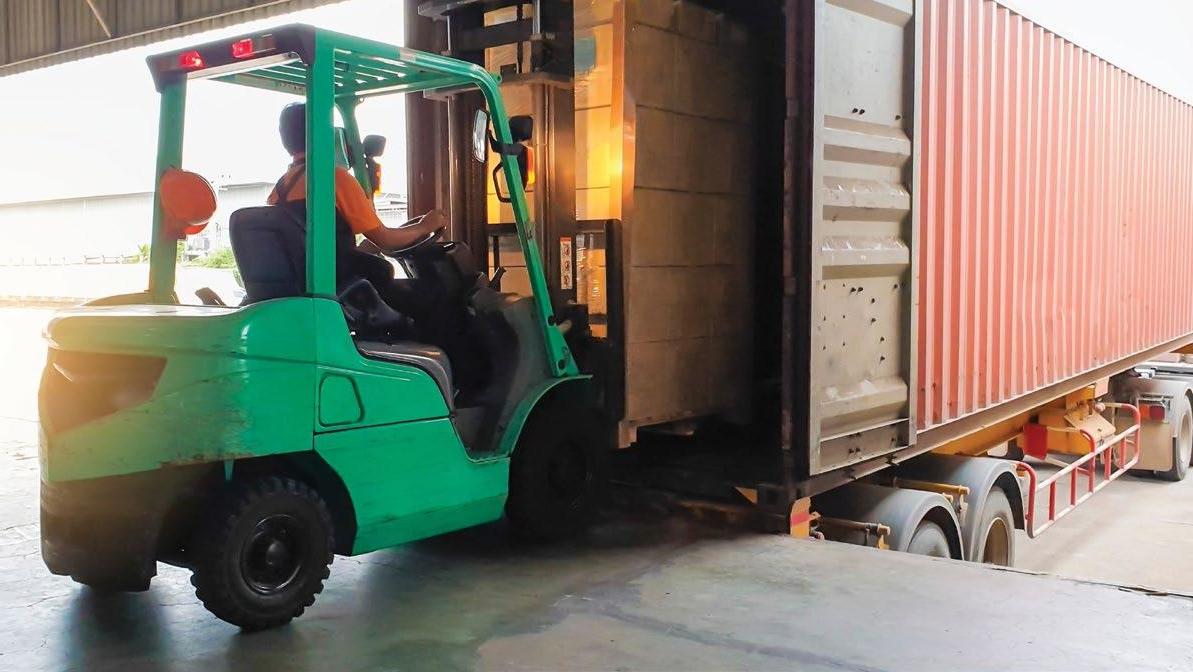
3 minute read
Chair’s chat


Advertisement
The current practice of area wide lockdowns, source and contact tracing, visitor registration and premises cleaning and disinfection is the new normal in the last six months of us living in a global pandemic.
BY MARK SCOTT CHAIR, POMEWEST
Whilst this is a new concept to many in the general community, to most of us in horticulture, these are recognised as standard terms when referring to a plant biosecurity outbreak.
Cruise ships
Over the past decade, regular stories have been reported in the media of cruise ships having outbreaks of Gastroenteritis, inducing Norovirus, that cruise lines seemed unable or unwilling to put protocols in to eliminate. Was it little wonder that COVID-19 then ran rampant on these vessels? Unfortunately, in our horticulture industry, we are seeing the same situation, with regular outbreaks of exotic pests and disease.
In Western Australia there is currently an outbreak of Queensland fruit fly — a pest that has had several outbreaks in WA in the past decade. Is this our Gastro on the cruise ship? We also have seen several incidents of Brown Marmorated Stink Bug (upwards of 20 Australia wide at ports). Whilst both of these suggest our surveillance systems are working, they raise some questions. • How many incursions are we missing? • How many incursions do we need before a change of protocol is enforced? Whilst we all agree that a low-risk system is necessary to enable trade — there doesn’t seem to be a trigger for when a number of incursions changes the risk profile of an exotic from low risk to high risk. I wouldn’t blame a grower for thinking that finding five insects across Australia at freight entry ports would suggest that surveillance systems are working, but when there are double-digit incursions, maybe a review of protocols are needed. (Remembering the trapping of one female Qfly is regarded an outbreak). One of the current ongoing issues with the current Qfly outbreak would seem to be biosecurity officials being refused access to properties in the outbreak area to treat potential hosts. Again, a similarity with our COVID outbreak — the public failing to follow quarantine and social distancing protocols. As an industry, I don’t believe it’s unreasonable for us to expect the same response from our biosecurity officers — no exemptions should be given and those refusing should be dealt with to the full extent under the law. If the laws aren’t supporting these eradication efforts then we need ask why not? The current consensus is the ongoing Qfly outbreaks have come from travellers bringing product home in luggage from personal travel. Anyone who travelled regularly before COVID would have noticed reduced services at airports — less dogs checking hand luggage — and many state-entry points, such as the central desert road, do not have any biosecurity check-points. Whilst it is incumbent on all growers to maintain on-farm biosecurity on their own property and at this point, industry haven’t been asked to contribute financially to this Qfly outbreak. The continued incursions found by surveillance suggest that our biosecurity systems for both humans and agriculture pests and diseases is currently underfunded. Hopefully, the current health crisis with COVID-19 will bring this to attention.
Labour
Also related to COVID-19, the current analysis of labour force and the impact of border restrictions would suggest there is a reduced number of working holiday makers remaining in Australia. It is predicted that our industry may experience a shortage of staff during spring, summer and autumn harvest periods. I would encourage all growers to proactively analyse their requirements. Regardless if you usually use backpackers or one of the Pacific seasonal worker schemes, registering with one of the Government-funded harvest labour bodies (see weekly newsletters from Nardia for individual details) is important. This will enable us to produce and quantify solid numbers to advocate for Industry on your behalf. As always the committee always welcomes feedback and comment. Happy pruning.
MORE INFORMATION
Mark Scott on 0427 560 444 or email markpscott@bigpond.com.










